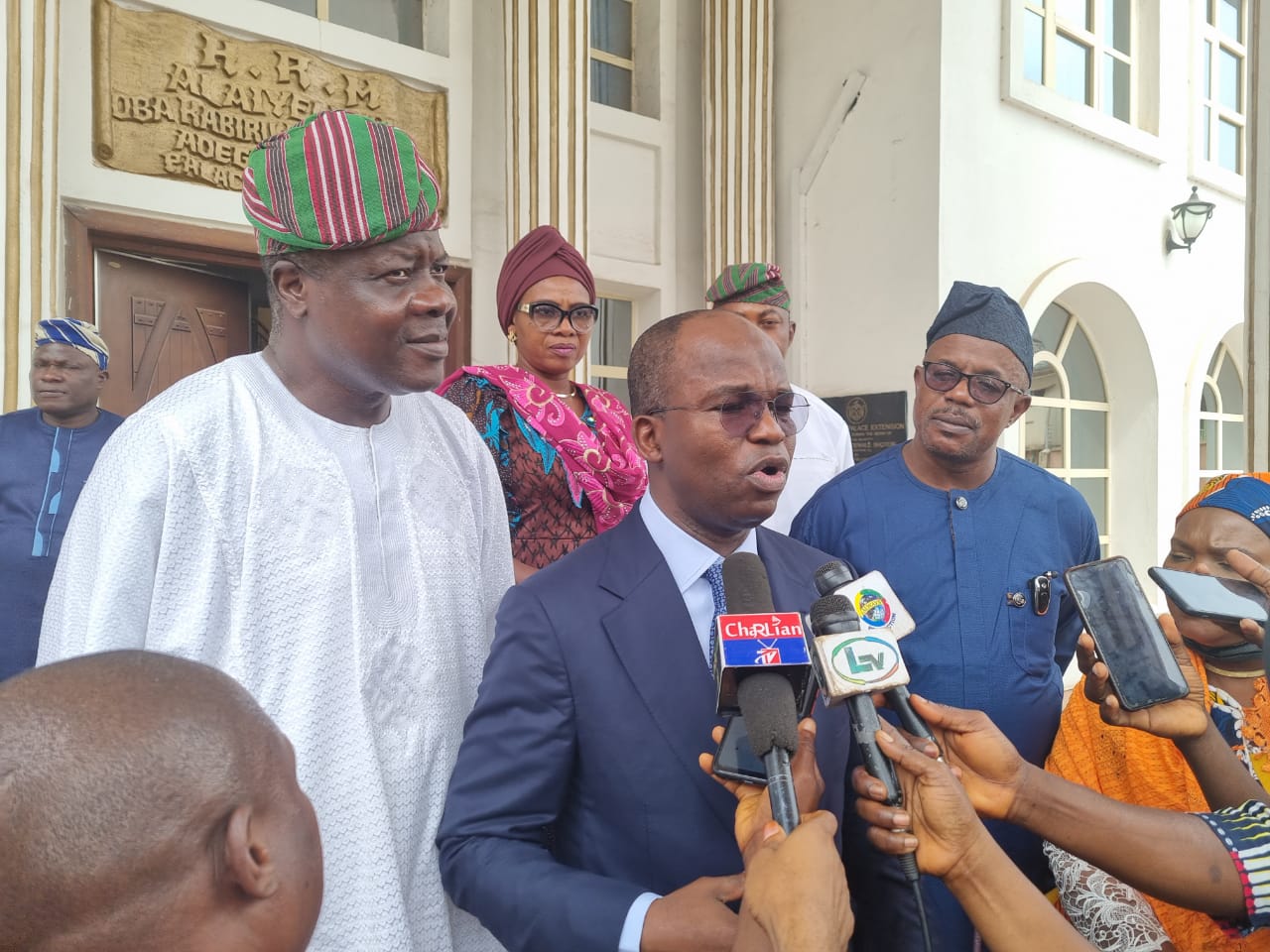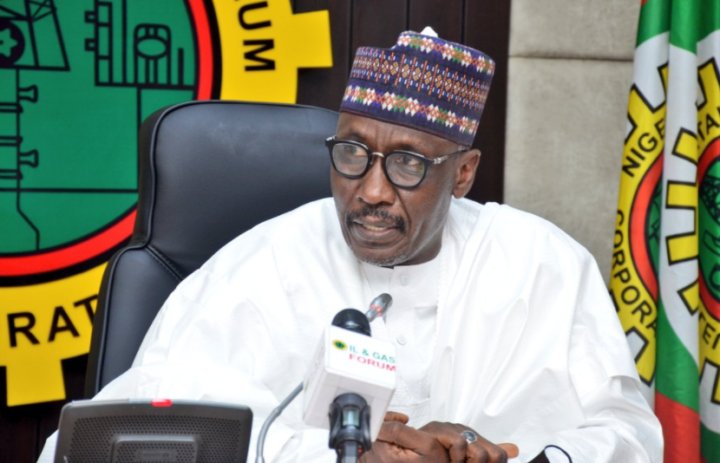
)
The chairman of the Nigerian Economic Summit Group (NESG), Mr Niyi Yusuf, emphasized yesterday that in order for Nigeria to attain a $1 trillion economy by 2030, the nation needs to attract foreign direct investments (FDI), control inflation rates, and manage foreign exchange fluctuations.
He indicated that Nigeria had not managed to secure investments totaling more than $1 billion in the last six to seven years.
According to him, achieving a $1 trillion economy is possible by following three strategies: diversifying and enhancing exports, focusing on innovation and digital transformation, and promoting integration at the sub-national level.
According to Yusuf, the Managing Partner of Verraki Partners, the present headline inflation of 29.9% and food inflation exceeding 35% suggest that the less fortunate are experiencing a worsening financial situation.
In order to enhance government revenue, he emphasized the need to increase the tax to Gross Domestic Product (GDP) ratio from the current eight per cent, which is currently the lowest in Africa, to 15 per cent.
He said, “January 2017 was when we had a single digit inflation. We want businesses to thrive and investors to come and between Adamawa and Uyo, we have 154 checkpoints. From Agbara to Seme borders, we have 46 checkpoints.
“Nigeria is the only country with multiple checkpoints at our airports. Motorists pay 73 taxes to move goods from the North to South. Insecurity has chased our farmers away, flooding has affected our farmlands.”
“We must first stabilise our economy, tame forex volatility and inflation rate. Government must block all fiscal leakages in the CBN, NNPC, FIRS and we must increase our tax to GDP ratio. Also, we must support local businesses and invest in digital infrastructure.
“How do we track progress? Our budget should be more on capital than recurrent. We are barely growing to meet the demands of our growing population. We must look at how the critical sectors are growing like agriculture, ICT, construction, among others because these are the sectors that support employment.
“We must track budget allocation. Our capital expenditure must be more than the recurrent and debt servicing otherwise we are not progressing. Again growth will not happen until we solve the electricity supply issue. Presently, only 46 per cent of the population has access to power. We can’t run on a generator economy.”





